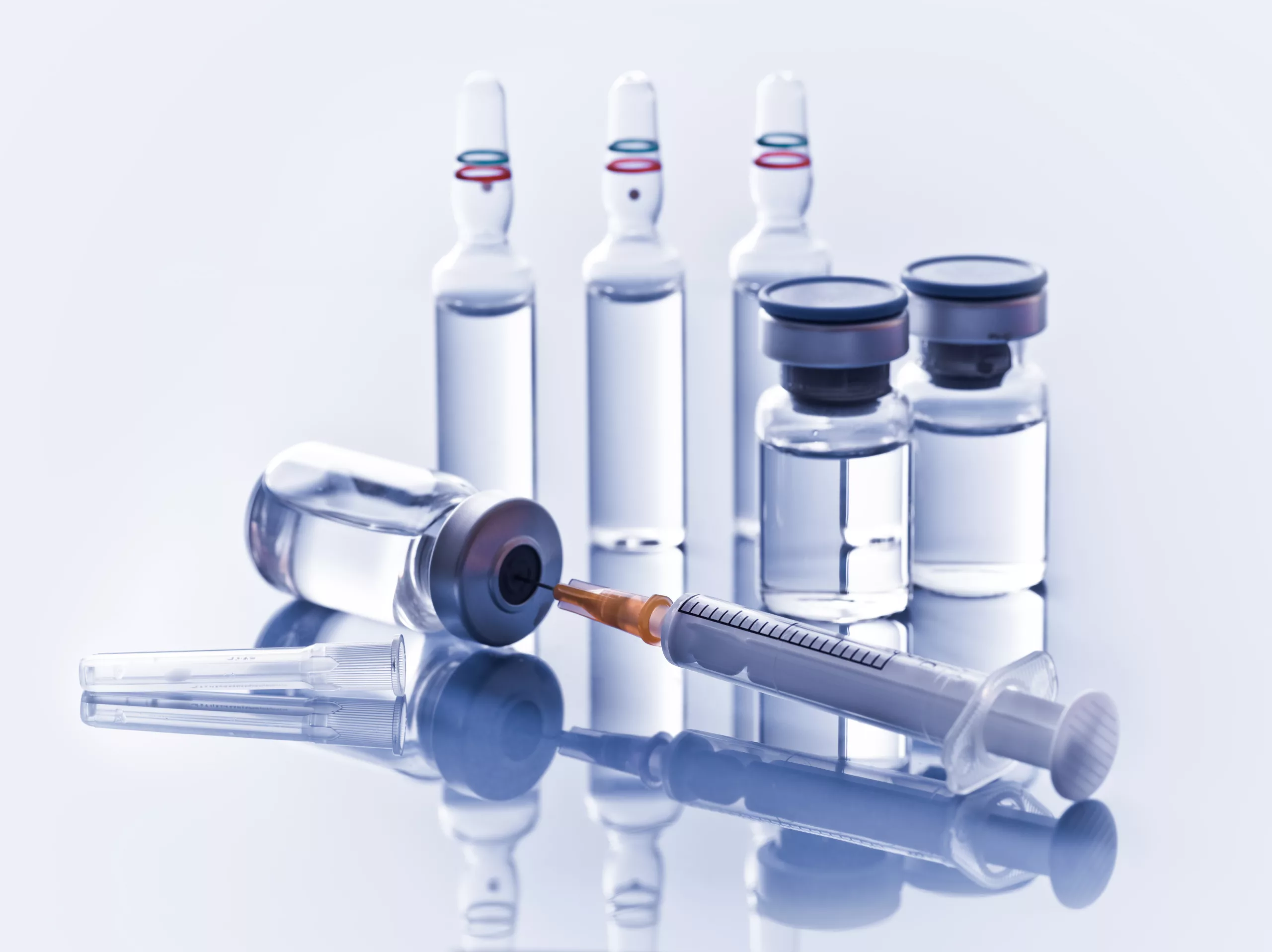Europe, a continent known for its diverse cultures and rich history, is also at the forefront of healthcare and regulatory practices. One critical aspect of public health is the regulation of drugs, ensuring their safety, efficacy, and accessibility. In this blog, we will explore drug regulation in Europe, examining the intricate web of policies, institutions, and procedures that govern the pharmaceutical landscape.
At the heart of drug regulation in Europe is the European Medicines Agency (EMA). Established in 1995, the EMA is a decentralized agency of the European Union (EU) responsible for the scientific evaluation, supervision, and safety monitoring of medicines in the EU. The agency collaborates with national competent authorities, working together to ensure that medicines available to European citizens meet rigorous standards.
Before a drug can be marketed in Europe, it must undergo a thorough evaluation process. The Marketing Authorization Application (MAA) is submitted to the EMA, and a multidisciplinary team of experts evaluates the scientific data provided by the pharmaceutical company. This assessment includes a scrutiny of the drug’s quality, safety, and efficacy. If the benefits outweigh the risks, and the product meets the required standards, marketing authorization is granted.
Drug safety doesn’t end with marketing authorization. The EMA and national competent authorities continuously monitor the safety of medicines once they are on the market. This ongoing process, known as pharmacovigilance, involves the collection, assessment, and prevention of adverse effects or any other drug-related problems. Timely reporting by healthcare professionals and the pharmaceutical industry is crucial to maintaining a comprehensive and up-to-date safety profile for each drug.
European drug regulation classifies medicines into different categories, each subject to specific rules and requirements. Prescription-only medicines (POM) are available only with a prescription from a qualified healthcare professional, ensuring that patients receive appropriate guidance and supervision. Over-the-counter medicines (OTC) can be purchased without a prescription but are subject to strict regulations to ensure their safety and efficacy.
The European Union has also implemented special provisions to address the needs of patients with rare diseases. Orphan drugs, designed to treat conditions affecting a small number of people, receive incentives such as market exclusivity and fee reductions to encourage their development. Conditional marketing authorization allows the approval of medicines for unmet medical needs based on less comprehensive data, with the requirement for further studies post-approval.
To enhance the understanding of a drug’s performance in real-world settings, post-marketing studies may be required. These studies provide valuable insights into the long-term safety and effectiveness of medicines and contribute to the ongoing refinement of regulatory decisions. Real-world evidence, gathered from routine clinical practice, is increasingly recognized as a valuable complement to traditional clinical trial data.
Europe’s approach to drug regulation is a comprehensive and evolving system, designed to safeguard public health while fostering innovation in the pharmaceutical industry. The collaboration between the EMA and national competent authorities, coupled with rigorous evaluation processes, ensures that medicines reaching European citizens meet the highest standards of quality, safety, and efficacy. As the field of medicine continues to advance, so too will the regulatory landscape, adapting to new challenges and technologies to meet the healthcare needs of a diverse and dynamic population. EMMA International can help globalize your drug product! Call us at 248-987-4497 or email info@emmainternational.com to learn more today.





